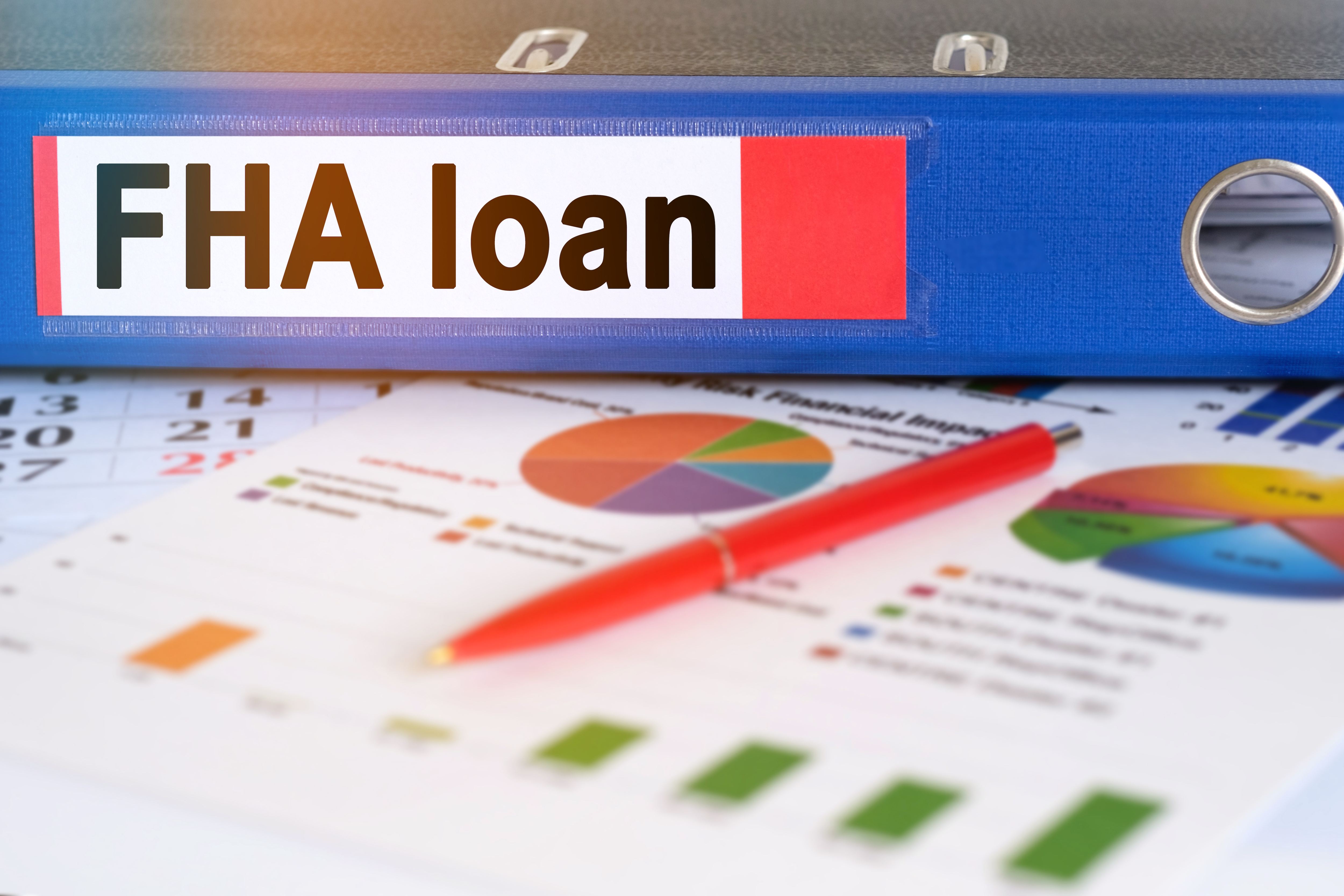FHA Loans: Your Passport to Homeownership, Even If Credit Scores Struggle!
Struggling with credit scores? FHA loans offer a streamlined path to homeownership, empowering you to move forward and achieve your dream of owning a home.

Buying a home is a significant step for anyone. It can often feel overwhelming, especially when it comes to securing financing. One option that many people find helpful is the FHA loan. These loans are backed by the Federal Housing Administration and are designed to help people achieve their dream of homeownership, even if their credit scores aren’t perfect.
One of the main advantages of an FHA loan is that it allows people with lower credit scores to qualify for a mortgage. While many traditional loans require a credit score of at least 620, FHA loans can accept scores as low as 500, provided that certain conditions are met. This opens the door for many first-time homebuyers and those who may have had financial difficulties in the past.
Another benefit of FHA loans is the lower down payment requirement. Most conventional loans require a down payment of at least 5 to 20 percent. In contrast, FHA loans allow you to put down as little as 3.5 percent of the purchase price if your credit score is 580 or higher. For those with lower scores, a 10 percent down payment is required, which is still manageable compared to higher conventional requirements. This lower barrier to entry can make a significant difference for many buyers.
FHA loans also provide flexibility in terms of debt-to-income ratios. Generally, to qualify for a conventional loan, lenders prefer a debt-to-income ratio of 43 percent or lower. FHA loans allow for higher ratios, which can accommodate borrowers who may have other financial obligations. This flexibility can be crucial for those who are managing student loans, car payments, or other expenses.
It’s essential to understand that while FHA loans have many benefits, they do come with specific requirements and nuances. For example, FHA loans require mortgage insurance premiums (MIP). MIP is a cost that protects lenders in case the borrower defaults on the loan. This insurance can be a bit higher than private mortgage insurance (PMI) on conventional loans, but it is a necessary part of the FHA loan process. Borrowers need to factor this cost into their monthly budget when considering an FHA loan.
Also, FHA loans are primarily available for primary residences. This means that if you're looking to buy a second home or an investment property, you may need to explore other financing options. FHA loans are intended to support individuals and families in achieving homeownership, so they are structured with that goal in mind.
If you’re considering an FHA loan, it’s essential to gather all necessary documentation before applying. Lenders will typically require proof of income, tax returns, bank statements, and information about your debts and assets. Being organized and prepared will help streamline the application process.
Another aspect to consider is the importance of current employment. Lenders want to see a stable income history, so changing jobs frequently or having gaps in employment can raise red flags. If you’re currently employed, having a steady job for at least two years can work in your favor.
If your credit score is on the lower end of the spectrum, you might want to take some time to improve it before applying for a loan. There are several strategies you can use to boost your score. Paying down debts, correcting errors on your credit report, and making payments on time can all help raise your score. Even small adjustments can make a significant difference in your overall credit health.
It’s also wise to have a clear understanding of your budget before applying for a mortgage. Knowing how much house you can afford will guide your search and help you avoid financial strain in the future. Consider all costs associated with homeownership, including property taxes, insurance, maintenance, and utilities.
FHA loans can be especially beneficial for first-time homebuyers, but they aren’t limited to that group. Many people who have previously owned homes or who may have gone through financial challenges can still take advantage of FHA loan benefits. If you’ve faced foreclosure or bankruptcy, FHA loans allow you to apply for a loan after a waiting period, which can be significantly shorter than for conventional loans.
Before diving into the application process, take the time to educate yourself about the home buying process. Familiarizing yourself with terms and procedures will help you feel more confident when discussing your options with a lender. Understanding what to expect at each step can make the journey to homeownership a smoother experience.
Once you feel prepared, reaching out to a mortgage loan officer can be a great next step. They can help you assess your financial situation and guide you through the FHA loan process. They will take the time to understand your unique needs and provide personalized recommendations based on your circumstances.
Don’t hesitate to ask questions and seek clarification on any aspects you don’t understand. A knowledgeable mortgage professional can help you navigate the complexities of home buying and ensure that you make informed decisions throughout the process.
If you're ready to explore the option of an FHA loan as a pathway to homeownership, or if you want to discuss your specific situation and needs further, please reach out today. I'm here to assist you in achieving your homeownership goals.